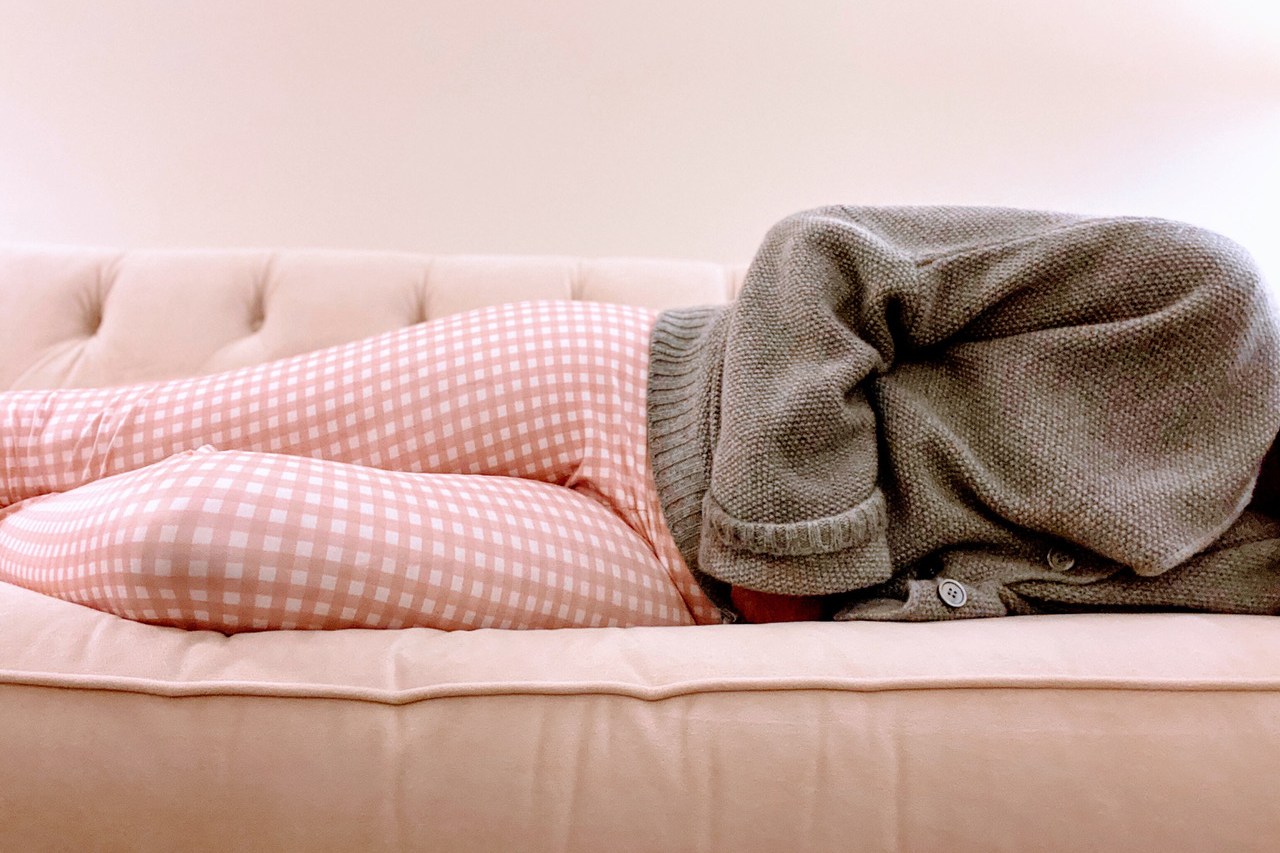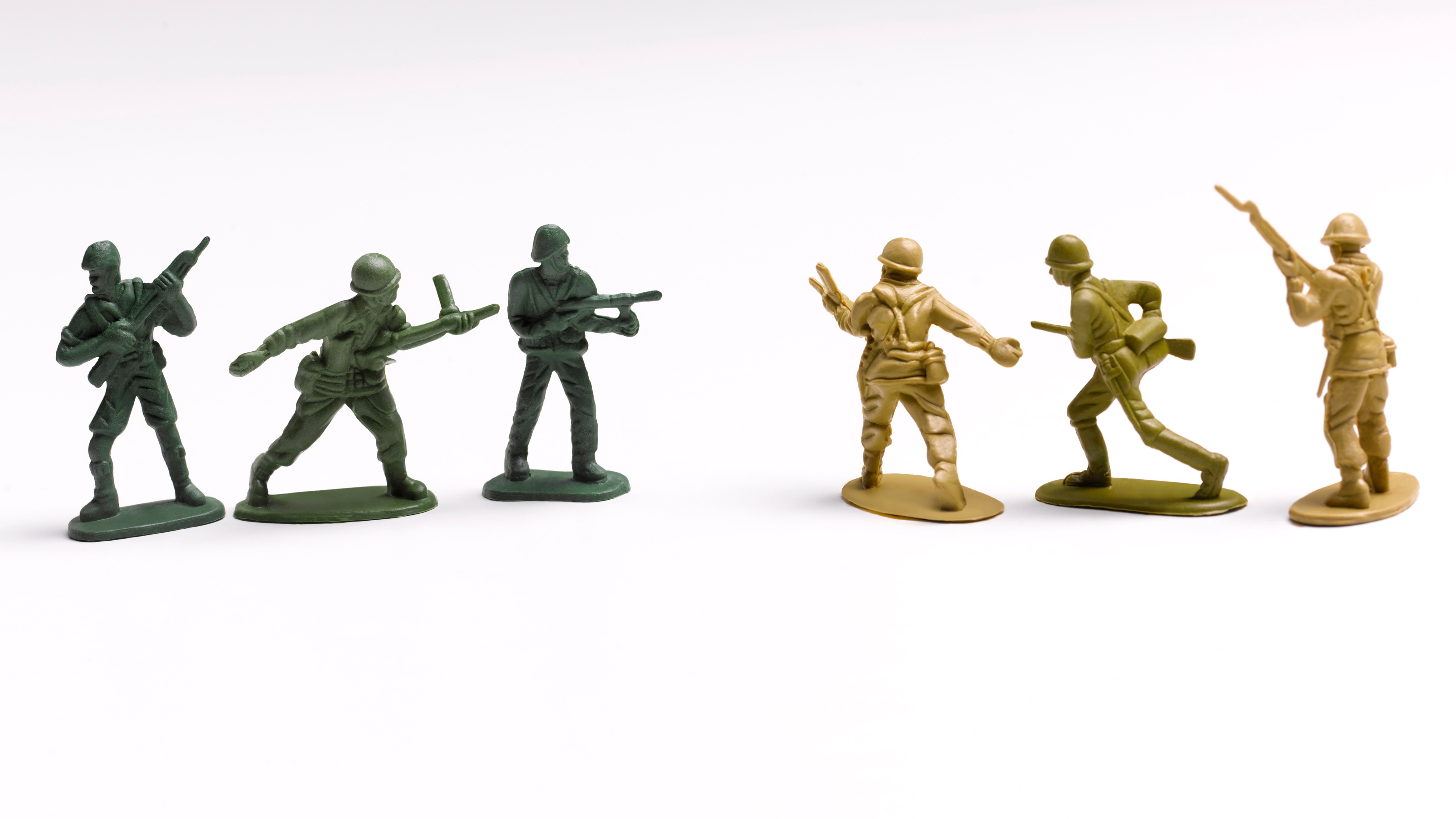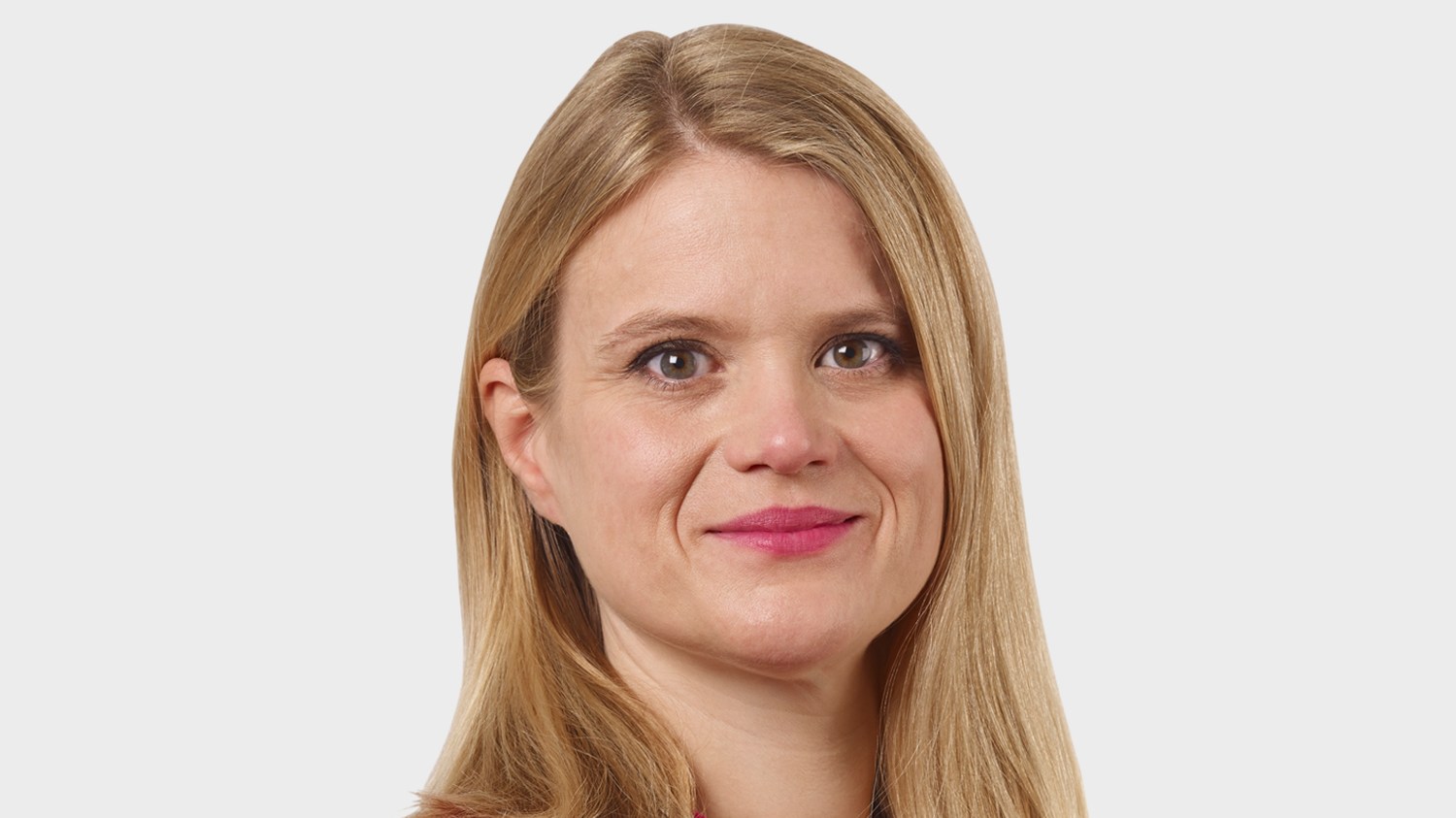
When I had my first period my mother ran me a hot bath and gave me a glass of champagne. I think a change in a female body as important as the commencement of fertility should be marked in a positive way. But I was 11, and the booze was consolation rather than celebration. After this I kept my period secret, not least when I began secondary school, where one girl had taken it upon herself to compile two lists, one of girls who had started wearing bras (she would check by creeping up behind us and running a finger down our backs) and the other of girls who had begun their periods. There was minor shame associated with the first list, major shame with the second.
Shame and secrecy have been menstruation’s bedfellows for millennia. Aristotle considered menstruation indicative of the weakness of women’s inferior bodies; Pliny asserted that menstrual blood was poisonous and could destroy crops, blunt swords and cause madness in dogs. In the Christian world menstruation was thought to be God’s punishment of Eve for persuading Adam to eat the apple of knowledge — hence “the curse”. Even as late as 1974, an article in The Lancet maintained the notion that menstrual blood was toxic and could wither flowers. How can we talk to our children about this subject without loading the conversation with centuries of negative cultural baggage? Dr Jen Gunter is a Canadian gynaecologist whose Ted talk lesson Why Can’t We Talk About Periods? has been viewed more than three million times and who has just published a book, Blood: the science, medicine and mythology of menstruation. She suggests that conversations should be as frank and factual as possible. “A good tip is to keep talking until their eyes glaze over, and then stop. You need to make the most of receptive windows,” she says.
Books can be useful because children can read them in private. My mother gave me “What’s Happening to Me?” by Peter Mayle, which I passed on to my daughters. Meanwhile, Gunter’s excellent book has all the biological information you and your children will ever need. When Gunter was growing up, she turned to Judy Blume. “Are You There, God? It’s Me, Margaret was a big one for me,” she says.

It is important to avoid euphemism. Apparently there are more than 5,000 euphemisms for periods, including “shark week” and, my favourite, “there are communists in the fun house”. “Euphemism implies shame,” Gunter says. “If you can’t say a word, it means there is something wrong with it.”
A way to frame this conversation could be around the idea of empowerment. It is empowering to know how your body works and knowledge gives a child a sense of control during the wild years of physical and emotional transformation that is puberty. Teenage periods are often irregular. “The periods that you have in the first two or three years are not going to be reflective of what will happen when that cycle matures,” Gunter says. They can also be very heavy with accompanying cramps and pain. For this she recommends taking ibuprofen a day or two before the period starts, and then every six to eight hours. “Tens machines are less effective but can help to take the edge off,” she adds. “Birth control pills are also a good option. If a girl is really suffering with pain and heavy periods, which can result in an iron deficiency, they can take the pill continuously and get rid of their periods altogether.”
Advertisement
It is important to know when things are not normal. “Pain that cannot be managed by ibuprofen, blood that is soaking through pads and clothes, a sensation of gushing, passing clots bigger than a 50-pence piece, these are reasons to talk to your GP,” she says. “There are no prizes for suffering.”
It is also important to know that there are choices: choices in how difficult periods are handled, choices in period products. There aren’t only pads and tampons but period pants and menstrual cups. We have different bodies, and what works for one person may not work for someone else (although I have found that Cadbury Dairy Milk Oreo is pretty universal in its appeal before and during periods).
I would add one other element to this conversation: women’s bodies have the power to create life. For this reason they are inherently magical and that does need to be celebrated, periods and all.




